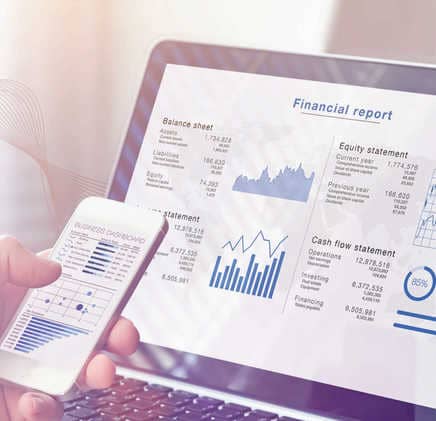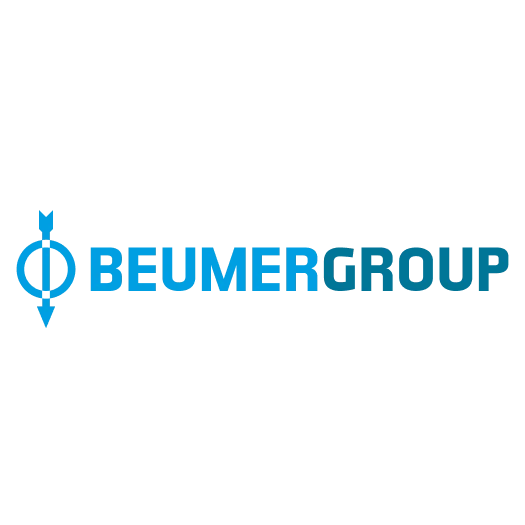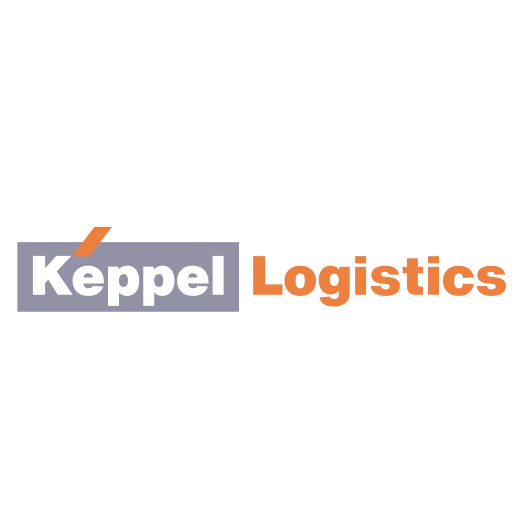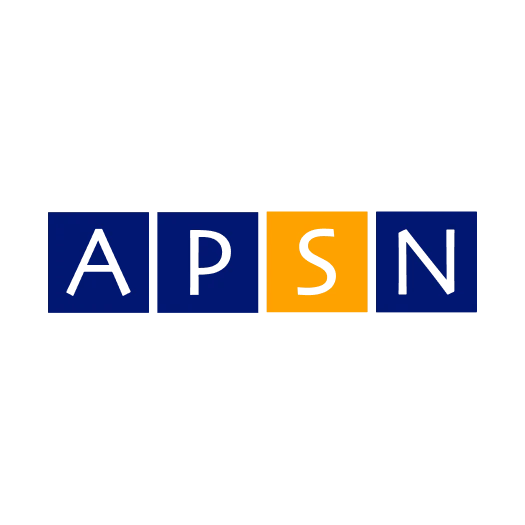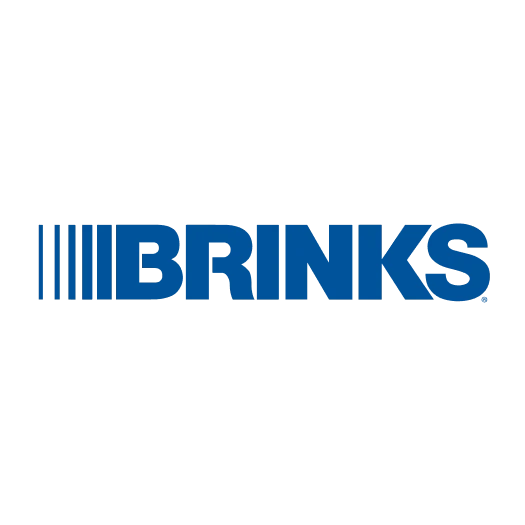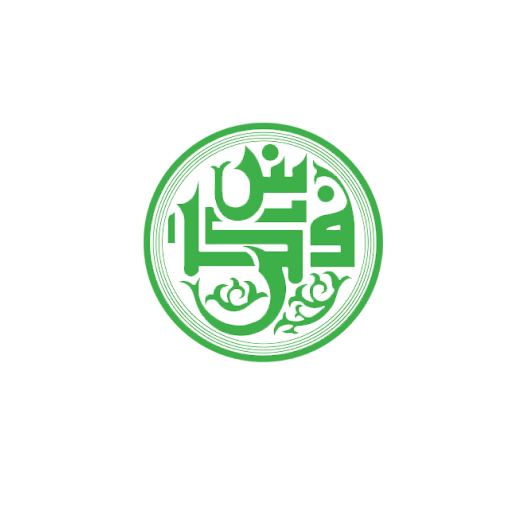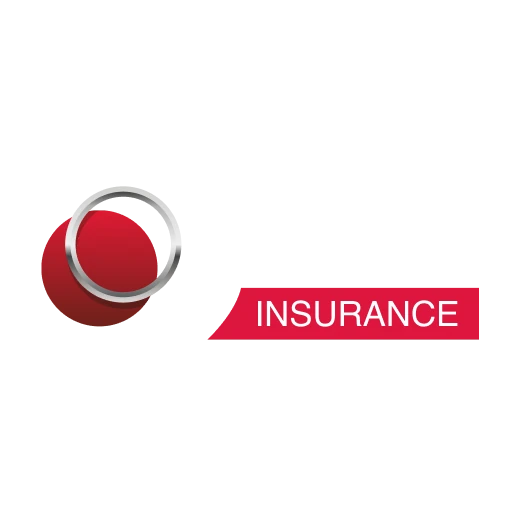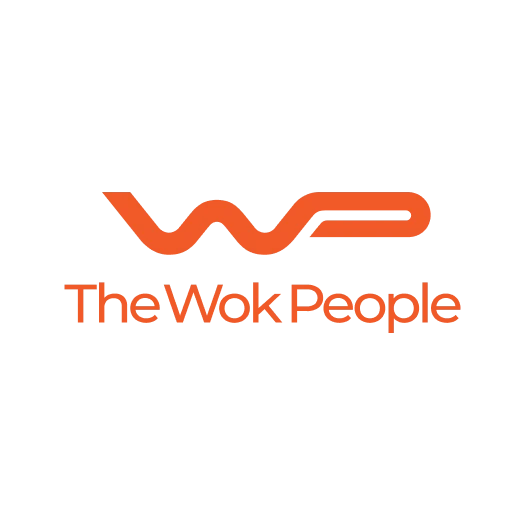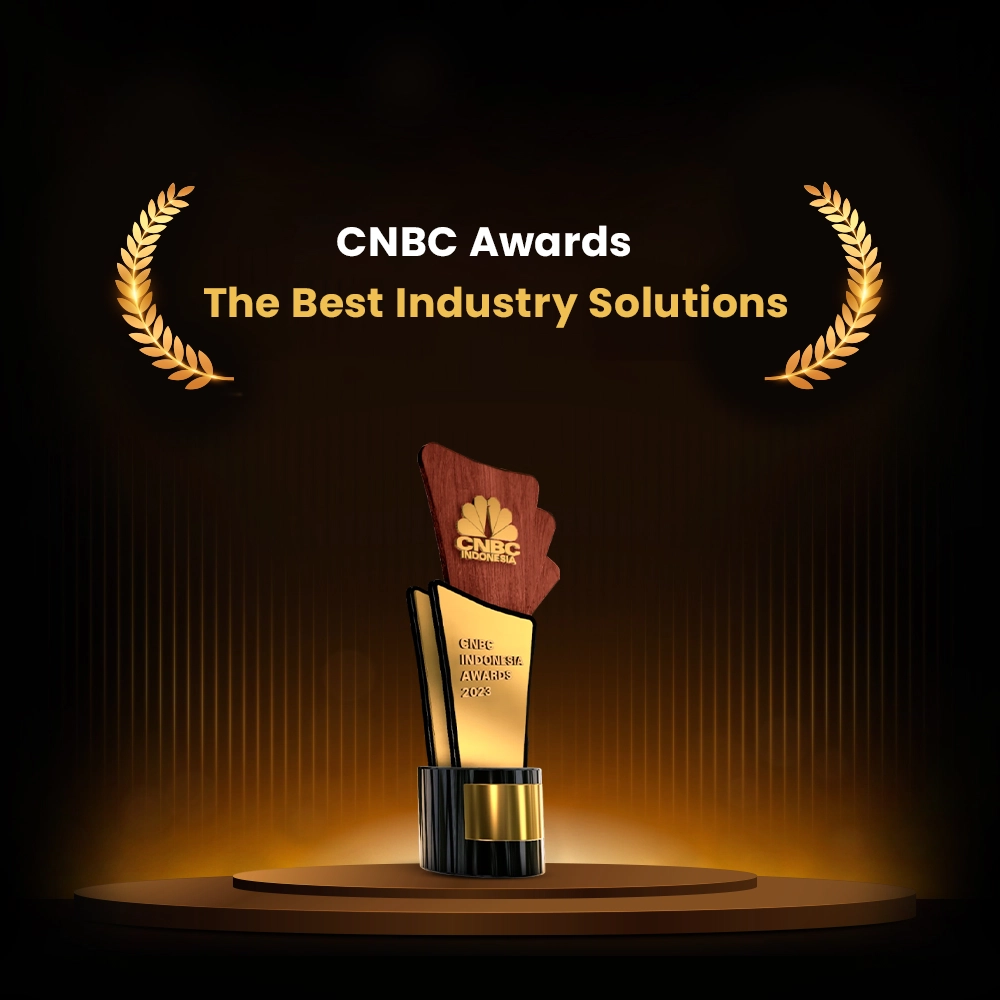The best ERP for real estate depends on your specific needs, but here are some top ERP options widely recognized in the industry:
1. HashMicro: A versatile and comprehensive ERP tailored for real estate, HashMicro offers modules for property management, sales and leasing, financial management, and project tracking. It’s ideal for businesses seeking automation and scalability.
2. SAP S/4HANA: Provides powerful real estate-specific modules with advanced financial management, project management, and analytics capabilities.
3. Microsoft Dynamics 365: Offers flexibility with real estate add-ons, covering property management, leasing, sales, and CRM, suitable for various business sizes.
4. Oracle NetSuite: A cloud-based ERP with integrated financials, lease management, and project tracking, suitable for real estate companies of different scales.
5. MRI Software: Focused on property management and real estate investment, MRI offers tools for portfolio management, financials, and tenant relationship management.
6. Sage Intacct: A cloud-based financial management solution that provides real-time visibility into financial data, along with modules for accounts payable, accounts receivable, and general ledger. It's ideal for companies needing strong financial capabilities and integration with other real estate management systems.
Odoo: An open-source ERP platform offering customizable modules, including real estate management, CRM, sales, and accounting. Odoo is suitable for businesses looking for a flexible and affordable solution that can be tailored to their unique needs.
Acumatica: A cloud ERP solution designed for small to mid-sized businesses, Acumatica offers real estate-specific features like contract management, project accounting, and customer management. It is known for its flexibility, scalability, and ease of use.
Workday: A cloud-based ERP with a strong focus on financial and human capital management. It offers tools for budgeting, planning, and managing real estate assets, making it ideal for large organizations looking for an integrated solution to handle both financial and HR needs.


